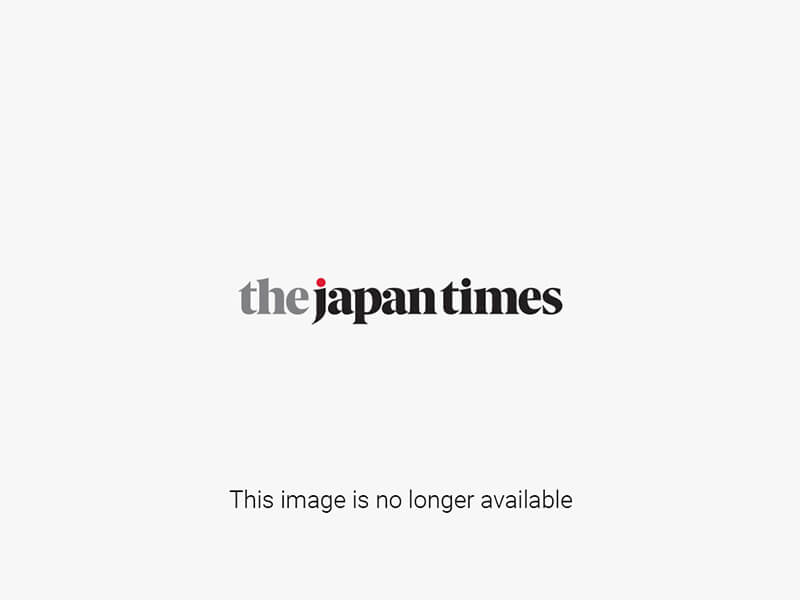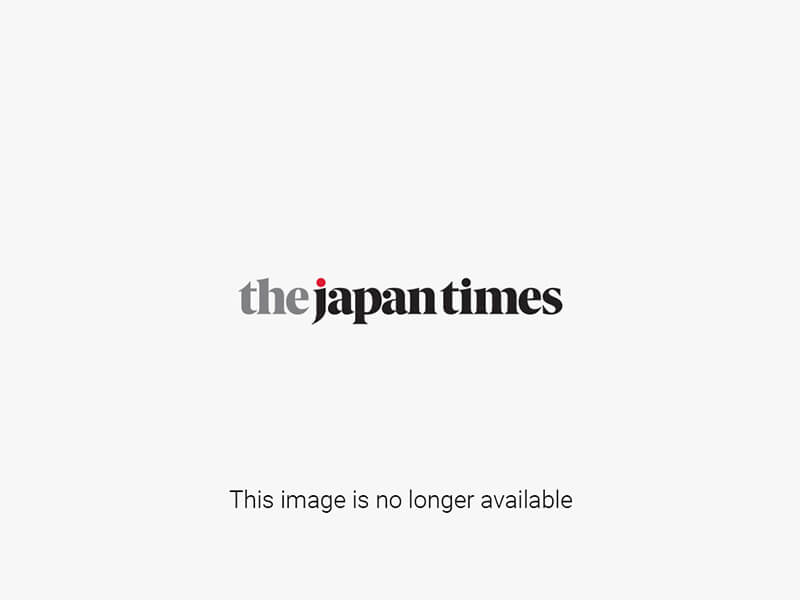A group of medical experts advising the health ministry has said that schools “can consider” letting people attend graduation and entrance ceremonies in March and April without masks, amid recent government moves to steer people toward removing masks ahead of its official reclassification of COVID-19 in May.
In a carefully worded statement that distances itself from the views of the government, the experts said that, while “universal masking” in schools is known to be effective at reducing the risks of coronavirus infections, schools can consider reviewing whether they will ask attendees to wear masks at the important functions this spring.
“It is understandable that people feel inclined to remove their masks during once-in-a-lifetime events such as commencement and matriculation ceremonies,” read the statement, which was signed by 13 experts, including health ministry advisory board chair Takaji Wakita, and released on Wednesday. “In situations where the area’s infection trends have calmed down, (schools) can consider allowing attendees not to wear masks.”
Based on the expert statement, the education ministry is expected to issue a new notice on spring ceremonies to boards of education nationwide as early as Friday.
The experts still urged school officials to set out conditions for mask removal beforehand. Some of the conditions the panel will recommend schools lay out include: asking people to refrain from attending ceremonies if they are sick; maintaining social distancing; minimizing conversations when attendees are close to each other; making sure the venues are well ventilated; and respecting the individual wishes of those who do or don’t choose to wear masks.
The government announced last month that it will review a range of COVID-19 restrictions in line with the planned downgrade on May 8 of the disease to a category on the same level as seasonal flu. The government has also said that it will change its COVID-19 response to one that values “individual choices,” including whether or not to wear masks indoors or outdoors.

The education ministry is soon expected to establish new school guidelines that address issues related to COVID-19 such as singing school anthems and supporting children who live with elderly or at-risk family members.
According to media reports, the government is considering leaving masking decisions in all situations — including on public transport — entirely up to individuals starting in early March, without waiting for the May 8 classification change.
Until now, the government has asked — on a legally nonbinding request basis — that people wear masks indoors, unless they are at a distance of at least 2 meters from others or there’s no conversation. The public has largely complied with such requests.
Some experts have balked at recent moves by the government to steer the public away from masking. Kyoto University epidemiologist Hiroshi Nishiura, who attends advisory board meetings, tweeted last week that “politicians have set their mind on removing masks” and are trying to “make experts say that elderly and pregnant women should avoid crowds.”
Other medical experts speculate that behind the government’s apparent rush to push for mask rule changes lurks the desire by top political leaders in Japan to appear maskless when the country hosts the Group of Seven summit and related meetings in May.
At Wednesday’s meeting, the experts including Nishiura and Wakita released a document separate from the one for school ceremonies. They outlined scientific evidence behind mask-wearing in general, which has been recommended to avoid droplet transmissions of the coronavirus through conversation and coughs.

The document cites a 2022 meta-analysis of 78 studies that showed face masks were indeed effective at preventing infections of respiratory diseases among the wearers, reducing the weekly risk to 0.84 times those of nonwearers.
But in a country where transmission risks are generally high due to low masking rates across the population, masking may not be sufficient to prevent the wearer from getting infected, the report noted.
It also cites a 2022 study from the state of Massachusetts showing schools that removed masking rules saw the incidence of COVID-19 rise by 44.9 cases per 1,000 students and staff over 15 weeks after the statewide masking policy was rescinded.
Media polls show that people in Japan are guarded toward the government’s recent moves to lift mask rules. In a poll released Sunday by TBS TV, only 10% of the 2,300 people polled said they will remove masks indoors, outnumbered by 31% who said they would wear them, and 33% who said they would stick to masks both indoors and outdoors. Another 22% said they were undecided.
Source

Deja un comentario